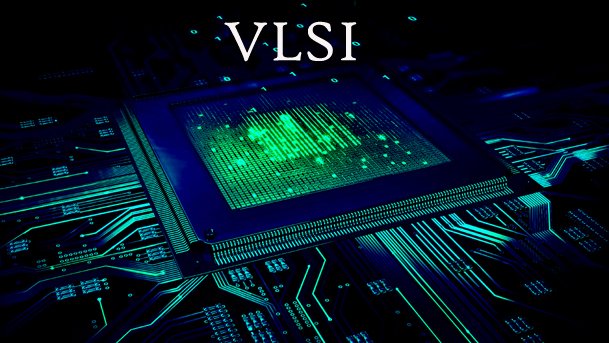What is VLSI?
VLSI stands for Very Large Scale Integration. Generally there are mainly 2 types of VLSI projects –
- Projects in VLSI based System Design,
- VLSI Design Projects.
- Projects in VLSI based system design are the projects which involve the design of various types of digital systems that can be implemented on a PLD device like a FPGA or a CPLD.
- The projects which deal with the semiconductor design are called as Projects in VLSI design. These are very difficult and expensive to implement in real time.
Advantages of VLSI and Its Learning:
- The size of the circuits is reduced.
- VLSI has a lot of job inflow. A lot of VLSI experts are hiring with a handsome salary. Join top VLSI institutes in Bangalore to become a professional VLSI engineer.
- VLSI occupies a relatively low area.
- Discrete components use a lot of power. VLSI uses much lower power.
- The reliability in using VLSI in circuits is extremely high.
- The operating speed of components strongly increasing.
- The overall cost of the device is now reduced.
Applications of VLSI
- Digital Signal Processing – Used mainly in speech processing.
- Commercial Electronics – Simple daily household items also now have VLSI technology to make the job easier.
- Medicine – Medicine is perhaps the most important field of learning. VLSI helps make medical electronics components.
- Automobiles – Used in safety components like ABS (Anti-lock Braking System) in automobiles.
A lot of companies now seek a professional VLSI expert to work with. The pay is a lot, and the demand for VLSI experts is exceptionally high. It is essential to have the necessary skill set to become the best VLSI engineer out there with huge demands.
